|
11/14/2021 0 Comments Searching for the word of GodPart of the way I approach life is by challenging assumptions. I always try to start with my own, but I apply the challenge equally to the ideas, beliefs, organizations, and arguments of others. I encourage everyone to do this as a way of sharpening their own views and cultivating their personal growth. This practice accounts for why I had to move beyond the faith of my fathers. After twenty years in evangelical Christianity, most of which was spent in various forms of ministry, it occurred to me that the underlying assumptions of my faith tradition no longer upheld me spiritually. In some cases, they were even hurting me. If I had to boil down the evangelical mindset to three basic assumptions, they would be these: 1. It is not ok to be anything less than perfect. You can talk all you want about divine grace or the "messiness" of life, or the belief that God became one of us to sympathize with our human frailty. As wonderful as all that sounds, at the end of the day, God still demands perfection and simply cannot abide with anything less. So, you've either got to be perfect yourself (and none of us are, obviously), or you must attain perfection in Christ, who offers his righteousness in exchange for our sinfulness through "faith." This story has definite appeal for those who embrace the underlying assumption, but again, at the end of the day, you're still left with a God who demands absolute perfection. Even though this belief provides an effective answer to the proposed problem, it remains problematic itself on a number of levels. Aside from the fact that "perfection" as we understand it (being without flaw or moral defect) is an abstract philosophical concept that does not exist in reality, such a belief is alienating from the person - in this case, God - who demands it. Just ask the older brother of the prodigal son, who apparently lived with this assumption all of his life and was none the better for it. His torment didn't end by exchanging his sinfulness for his father's perfection, but by realizing that his father wasn't demanding perfection to begin with. Good news. 2. Your needs and desires are fundamentally bad. Or, in the words of one oft-quoted verse, "The human heart is deceitful above all things, and desperately sick" (Jeremiah 17:9). Therefore, self-denial is the order of the day. You can't trust your own body, so you have to depend on outside authorities to tell you what is right and wrong. How much abuse has been perpetuated within Christian circles on the basis of this assumption? Invariably, it leads leads people into all sorts of psychological conundrums, not least of which is an unhealthy repression of their dark side - what Carl Jung referred to as the "shadow" - which passes for selflessness but often results in serious harm being done to both themselves and others at some point down the road. 3. Other worldviews are essentially evil, resulting from and leading to deception. Once a person has been indoctrinated into the faith, especially from childhood, I'll admit that this is an effective way to keep them on the team. As a core belief, however, it stifles genuine curiosity, learning, and creativity. Add to this the fact that it fosters an attitude toward other people that is essentially fearful, bigoted, and stigmatizing, and you have a recipe for social disaster. Many evangelicals try to soften the impact with an emphasis on "tolerance," but such condescension is ultimately not a helpful way of living in harmony with those who see the world differently than you do. It's hard to get evangelicals to challenge the assumptions they hold, however, because, you know, "The Bible says." But what is the Bible other than a collection of voices composed by multiple authors and compiled by editors over hundreds of years? Not all of those voices convey the same message, you know, but we're supposed to believe that they do. Quick example: "God is jealous" (Exodus 20:5) v.s. "God is love" (1 John 4:16) v.s. "Love is not jealous" (1 Corinthians 13:4). Which one is it? All the mental gymnastics in the world can't honestly account for such discrepancies. Those who insist that the Bible speaks with a single voice will tell you they can, pointing to the orginal languages or various theological concepts, but the simplest answer is usually correct. The writers of scripture just had different views on certain things. Accepting this as self-evident is unacceptable to some people, though, because it challenges their assumptions. In order to produce a single "biblical worldview," then, they further assume that God somehow overrode the biblical authors' human limitations, transcending their individual and cultural perspectives to provide one universal, objective truth. This assumption is known as "divine inspiration." Even if this assumption is true, however, the product of such inspiration is still up for personal interpretation. Not only did the biblical authors write from their own limited viewpoints, but those who read the book today are also coming to the table with their own set of mostly unconscious assumptions. This means that no matter how you look at it, there's no escaping our very limited human subjectivity. Either way, we end up right back where we started, with "every man doing what is right in his own eyes." Some people just like to believe that their rightness is divine. God bless 'em, I guess. Here's the irony, though: an individual who fears their own personal subjectivity seeks an objective standard in the collective subjectivity of multiple authors and editors whose own beliefs were spread out over hundreds of years within multiple cultural contexts. In a seemingly noble effort to escape its own subjective viewpoint, the evangelical mind chooses to adopt a mash-up of other people's subjective viewpoints, applying all of the unspoken assumptions outlined here to its application in everyday life and calling it "the word of God." I'm not saying I don't get it, I'm just saying it doesn't work for me. You do you and I'll do me. Just don't tell me I'm going to hell for being honest and then expect me to not push back.
0 Comments
1/4/2021 0 Comments Why do we fear freedom?Most people never reach the point of doing their own creative work. Instead, they spend their entire lives fulfilling the dreams of other people. Three years ago, I got tired of working for other people and found the courage to move in my own direction. Since then, I've taken steps to put myself in a position where I'm free to pursue my own dreams and create my own life's work. Along the way, I've noticed an interesting phenomenon. It's strange, but I think there's a part of me that would actually prefer to be told what to do instead of being free to do what I want. Of course, whenever I'm feeling the crunch of other people's expectations, I long for more freedom and self-expression. But when that freedom actually stands within my reach, I balk. I bump into this paradox most often on days when I have few obligations and my schedule is wide open for me to choose. Rather than eagerly jumping into my own creative process, I hesitate and have to fight the urge to waste the day on Netflix. Why? After having worked so hard to free myself from the parameters of someone else's dictum, why would I hesitate to engage in the work my heart most longs to do? Why would I prefer domestication to the freedom of the wild? I don't have an answer to this question yet. For now, I'm just sitting with it. 9/13/2020 1 Comment Letting goI entered Christian ministry twenty years ago after one of my closest friends died by suicide. Rather than allowing allow myself to experience the grief of her passing, and how that might change me, I jumped straight into service as a way of dealing with her loss. I've been reflecting on this decision a lot over the past year, and I've come to think that I responded the way I did because I blamed myself for my friend's death. Being the firstborn that I am, I assumed full responsibility for the situation. Deep down, I yielded to the idea that I had failed to be there for her when she needed me most. So, to avoid the pain of ever feeling that way again, I committed myself to the way of Christ. I became driven by a desire to always be there for people when they needed me, no matter what the personal cost. Now, I'm working through all the unresolved grief I've been carrying over the past twenty years. Not just for my high school friend, but for other losses as well. The loss of my dad, for instance, who died at a time when I was not yet able to deal with certain challenges I was facing in life. And also for other relationships that I've lost along the way, up to and including my relationship with the church. I've fought long and hard to stay close to the religious tradition in which I came of age. God knows I have. Yet at the same time, I've always been held at arm's length by most of my peers, especially those who consider themselves to be the gatekeepers of Christian orthodoxy. To be honest, it's been like paddling against the stream. Although my spiritual gifts always held out a place for me at the table, the cool kids have never really wanted me there. And so, I relent. Deep down, I knew it was just a matter of time. While I’m not interested in renouncing any aspect of the faith which has so long sustained me, I do feel the need to pick up and move beyond it, including yet transcending all those painful and precious experiences I've had within the fold. Letting go is hard, especially when you've so identified yourself with a certain aspect of your person that it almost seems a loss of self to move beyond it. Yet, that is where I find myself. The spiritual undercurrent is stronger than ever, and as strange as it may sound, I feel its strength to be of God. After many years of resisting its pull, I feel like I'm finally ready to surrender and let it take me. And so I grieve the past twenty years of my life. Not because I regret my time in Christian ministry or would choose any differently if I had it to do all over again. But simply because all change is hard. As Anatole France said, "All changes, even those most longed for, have their melancholy; for what we leave behind us is a part of ourselves. We must die to one life before we can enter another." Yet there is hope, for in the more ancient words of Lao Tzu, "When I let go of what I am, I become what I might be." The trees, after all, are never more beautiful than when they are embracing death and letting go. Seasons come and seasons go. Relationships begin and relationships end. Why do we fear such change? I guess I can only speak for myself. I’ve always had a hard time letting things go. People, places, ideas, beliefs, opportunities — you name it. If it’s something I love and feel attached to, I’ll hang on to it until the bitter end. But this refusal to let go has short-circuited the grief process so many times in my life. Now, I see that it arises from my fear of death. We all possess this fear at some level. In my mind, I understand how it works. But I’ve been lacking a healthy experience in this area. For a long time. So, it’s beautiful to me that my inner path has brought me to this point of healing. With joy, I am looking back and letting go. Accepting my losses. And though I feel the melancholy of the season, I also see the beauty and sense the rich transformative value of my long-held grief. To everything there is a season, I suppose, and a time to every purpose under heaven. That's what the old sage said. Following this logic, there's a time to hold on and there's a time to let go. For me at least, now is the time to let go. 8/19/2020 0 Comments Multitudes"What lies behind us and what lies before us are tiny matters compared to what lies within us." ~ Ralph Waldo Emerson Once upon a time, before the world stepped in to muddy the waters of your childhood perception, you were completely and wholly yourself. Before the trauma. Before the abuse. Before the neglect. Before any of it, there was a dream... a wish... a shooting star... a life force that was perfectly contained and eager to express itself from within the shell of your virgin soul. Yes, I know. The path grew dark. You got hurt. Disillusioned by reality. You dealt with it the best you could, but something inside you changed. Nevertheless, that person still exists. She may be lost somewhere beneath the calloused wounds of your troubled past, but she is there. And now that you're all grown up, your task is to find her. No matter who is to blame for the damage that's been done in your life, the work of healing is your own responsibility now. Other people may help with the process; however, no one can do this but you. You can do this, you know. It's not easy, but it's possible. You can enter into the chrysalis of your own suffering and emerge from it wholly transformed. I can't tell you how it's done, only that you must do it... for your own sake, and for the sake of your children. Ultimately, you must do it for the sake of the entire world. Here is what I know: If you will do the work that is necessary to become who you really are, you will transform not just your own path but the path of every person you will ever meet. You'll be like a pebble that is cast into the water, sending out little ripples of change that will eventually alter the entire structure of reality itself. Yes. Believe it or not, that is the vast potential of your small life. Stop thinking so little of yourself, then. As Whitman said, you contain multitudes. Let them be. 8/5/2020 1 Comment Open your eyesThere are approximately 7.8 billion people in the world today. That may sound like a lot of mouths to feed, but at the same time there is more than enough food, energy, and resources to go around. However. Nearly half of those people are living without the basic necessities of life. They will go to bed hungry tonight. They will wake up without a roof over their heads tomorrow. They will be wearing the same old ratty pair of shoes for at least a few more years. As for the other 3.9 billion people -- well, they might have enough stuff set aside for the day, or a week, or maybe a couple months, or perhaps even a few years -- but this fact only changes their condition by a little. Their lives are primarily marked by worry. They worry that something might happen to keep them from getting the things they need. They worry that they won't be able to sustain their current standard of living. They worry that no matter how much money comes in, it will never be enough. So, they toil and spin. They sacrifice the best years of their lives and most of their creative energy to dead-end jobs and exploitative task masters. Because this at least provides them with a fleeting semblance of security. All the while, there is more than enough to go around. For the first time in human history, we have the technology and the tools to provide for the abundance of humanity's need with a modicum of time and labor. And yet, here we are. Wealth inequality is skyrocketing. Benefits and pay are being cut. Inflation is mercilessly outpacing the average worker's meager cost-of-living-adjustments. Government officials are de-funding education so they can build more bombs. People are overdosing on drugs in unprecedented numbers because they see no silver lining on the dark cloud of their present reality. But it's OK. Let's keep blaming the migrant worker for stealing our jobs while the corporations take our misery to the bank. That'll do the trick. *sigh* I don't suppose there's a purpose to this rant other than to point out a few things and invite you to think. There's a lot of beauty in the world today, and there's plenty for which to be thankful. There are puppies and sunsets and romance and art. But there's a lot of pain and darkness, too. And we should open our eyes wide to it all. That's it. That's the moral of the story. Open your eyes. Wide. To it all. 8/3/2020 0 Comments Carpe DiemImagine a world where people go to work because they love what they do and they take joy in the fact that their labor brings life-giving value to other people. This is not the world we live in, of course, which is why our public officials in America are debating the merits of a second stimulus bill because they fear that giving people money will make them lazy and result in their not wanting to work. I've said it before and I'll say it again: We're asking the wrong questions here. I know we're dealing with an emergency situation, and emergency situations are not always the ideal time to start implementing structural changes to the foundation of society. Yet again, maybe they are. We have a tremendous opportunity -- right here, right now, in this moment of history -- to re-evaluate why and how we do things as a society. Who among us will take the initiative and seize the day? As a tax-paying citizen of what many people allege to be the greatest country in the world, what I want to know is this: Which of my representatives will have the courage to start asking bigger questions? 7/17/2020 0 Comments The show must go on"The show must go on." That's the overall impression I get when listening to people talk about the need for certain social institutions to keep operating as they always have despite the current public health challenges represented by COVID-19. Whether it's churches, restaurants, beaches, or schools, the guiding philosophy behind most, if not all, of the public debate seems to be centered around this notion that one way or another, the show must go on. Set aside any question you have for the moment about the benefits of a fully-functioning economy, or the merits of having our kids go back to school in six weeks, or the social and religious needs of the people in our pews. Instead, take a look at the unconscious assumption that is underlying this urgent feeling of yours. "The show must go on." It's become apparent to me that we've created somewhat of a monster here. Society is like a big, steam-rolling vessel that may need to be patched up and repaired from time to time, but is never expected to change course or, God forbid, drop its anchor and just self-reflect for a while. We live with this idea that society must remain in constant motion in order to survive. We believe we have to keep buying and selling and producing and earning at an ever-increasing rate, or else the whole world might go to hell. Why do we believe that. though? Why do we tell ourselves this story? Of course, I'm not talking about sitting around and doing nothing and expecting to have all the food and stuff we need. I'm talking about the general mechanisms of western society. Why does it cause such a tremendous social and psychological upheaval just to hit the pause button on a few things for a couple months? Are we really so wedded to the frantic pace of western civilization that we can't even stop for a while and reflect on other possible ways, whether necessary or self-chosen, to go about the business of life? These are huge questions that very few people are asking. They should be. Without welcoming or being thankful for any of the suffering that COVID-19 has caused so far, I wish we would stop and realize what a momentous opportunity this pandemic has created for us to re-envision the way we function as a society. After all, there is nothing sacrosanct about any of our social institutions in and of themselves. Some of them contribute to the general flourishing of human beings; some of them do not. They are what they are because we've made them that way. And they could be something different, something better, if we chose to make them so. 2020 has been an apocalyptic moment in human history. Many things are coming to light that were previously hidden further away from view. The question is whether we have eyes to see. This season is not just a bump in the road, not an unforeseen inconvenience that we need to surmount as quickly as possible so we can get back to "normal." On the contrary, it is an unexpected invitation to a new and better way of life. We will only recognize this, though, when we get beyond the subtle conditioning which leads us to believe that one way or another, the show must go on. In the words of Arundhati Roy, "Another world is not only possible, she is on her way. On a quiet day, I can hear her breathing." 5/20/2020 1 Comment The blossoming of social conscienceI walk into the living room to find our youngest daughter at the computer. Without looking up, she asks me for help. I approach the screen and see that she's on the checkout page for a donation to the Red Cross. I place my hand on her shoulder and smile. "What's up?" My attention is drawn to a small pile of green bills sitting next to her. She has cash in hand from some extra chores she’s been doing around the house lately. She moves the pointer across the screen, evidently reading the text closely to make sure she understands everything. “We’ll need to use your account and I’ll just give the money to you,” she says. Without waiting for a response, she selects “Wherever it’s most needed” as the donation option. Her sister is standing nearby now watching our exchange. There's nothing left for me to do but agree to the terms, so I fork over my Paypal approval and kiss her on the forehead. I squeeze her shoulder and tell her I’m proud of her desire to help people. She nods ever so slightly, then hops up and goes about her business. I walk away feeling a sense of awe. At nine years old, my daughter empathizes with the concerns of other people in a way that I struggle to apprehend even after years of careful cultivation. I don't know what exactly accounts for the blossoming of social conscience -- why it develops so much more fully in some people than others -- but I certainly wish that I did. 5/17/2020 0 Comments Time togetherI had a laundry list of chores to accomplish around the house this evening that I wanted to get done before the rain sets in tomorrow. My son, however, had plans of his own. He decided he was going to dig a hole in the yard next to the fort we're building so he could install a small "decorative pool." Toward the end of the evening, I was busting butt to complete my final chore when he came over and asked for my help. I looked down at the four rows of lettuce yet to be planted and balked; I really wanted to get them in before the rain. But he was really excited about his project -- so excited that he skipped his evening session of video games for it. "Ok," I said. "I'll be over in a minute." And I put my tools away and went to help him dig. An hour and a half later, the hole was finished and lined with plastic. We took a walk to the creek together to look for some stones to place in the bottom. At some point, I caught myself watching him work and my thoughts drifted back in time to my own dad. Dad's been gone for ten years now. Ten heartbreaking years. In that moment, my son was me and I was my dad. Nostalgic, I thought about all the stuff we used to do together... how he would let me help him work on things around the house. I miss those days. As I watched the boy work, two words formed in my mind: "Time together." Time together is our most valuable commodity. What I miss more than anything about Dad is our time together. And what I cherish now more than anything with my son is the time we spend together. These times are the best. The boy looked up at me and smiled. My thoughts returned to the present and I smiled back at him. I was glad I left that lettuce in the tray. I suppose I'd be remiss if I didn't say something here about the current pandemic that is literally changing the shape of society. The global spread of the coronavirus has been unlike anything to precede it in my generation. For many reasons, I believe this to be an apocalyptic moment. Apocalypse just means "unveiling" or "uncovering." An apocalyptic moment is a time when certain things that were previously hidden from sight are made known. COVID-19's impact on society has uncovered many valuable lessons for anyone who is paying attention. Chief among those lessons is that the "unskilled" workers at the bottom of the social hierarchy are just as valuable is not more so than the financiers at the top. The farmers and grocery store clerks and front line workers are the ones holding this entire edifice together. Meanwhile, Jeff Bezos has increased his net wealth by $24 billion. I'm not bitter but I am concerned. It's well past time that we flip the pyramid right side up, and for the moment at least, we have a crisis that may precipitate such action. |
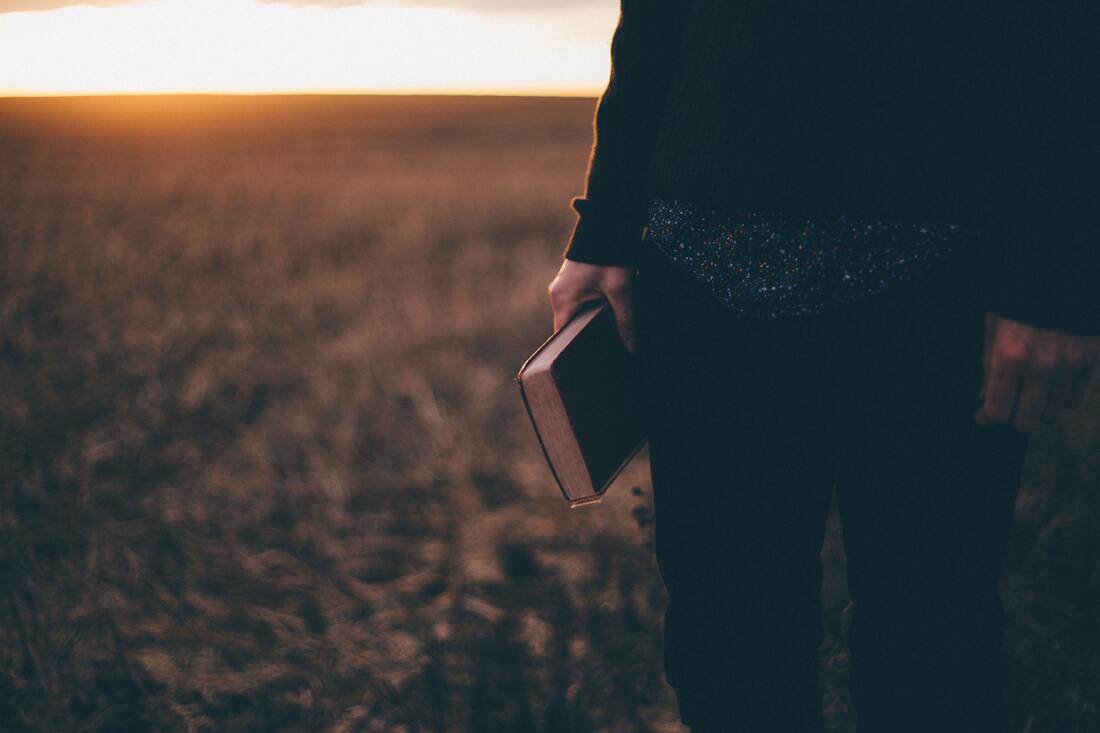
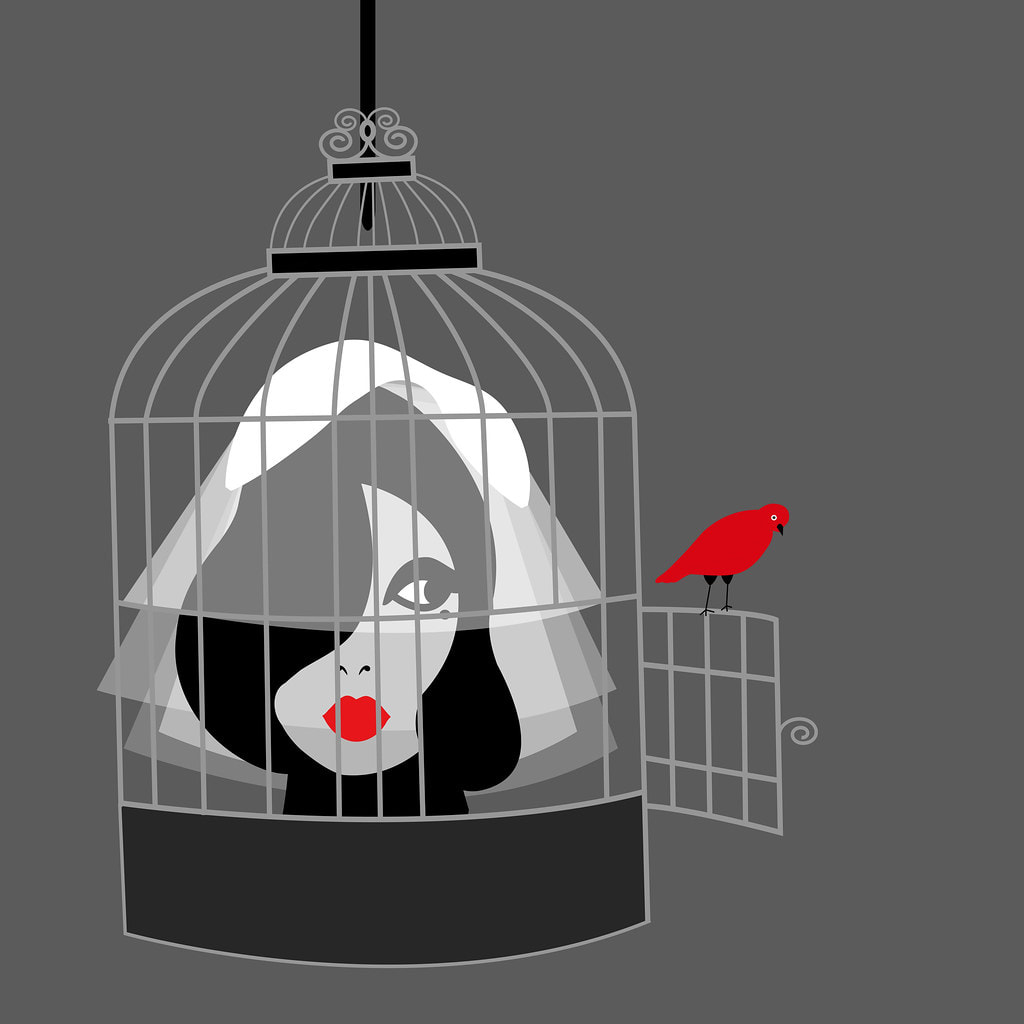


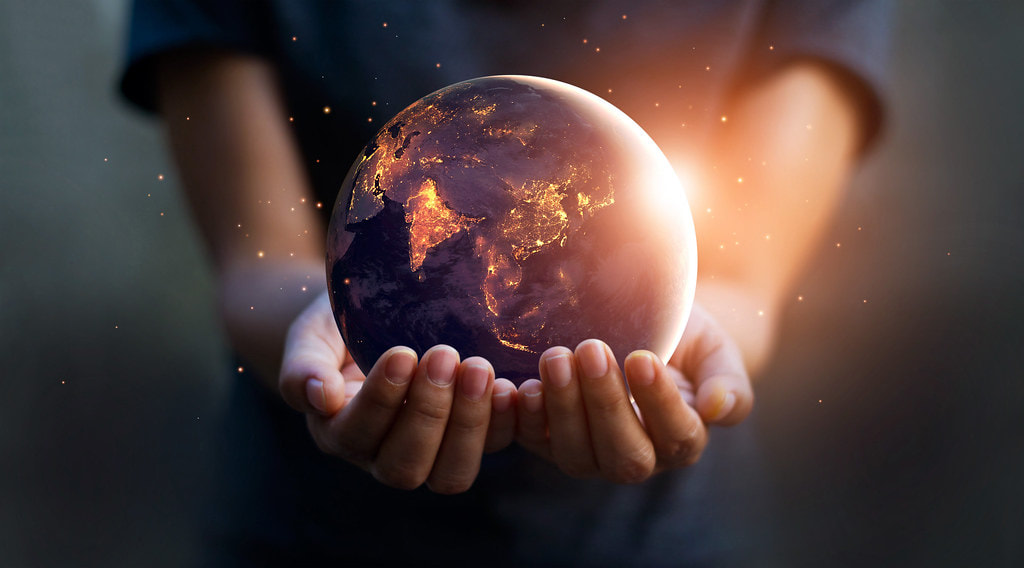
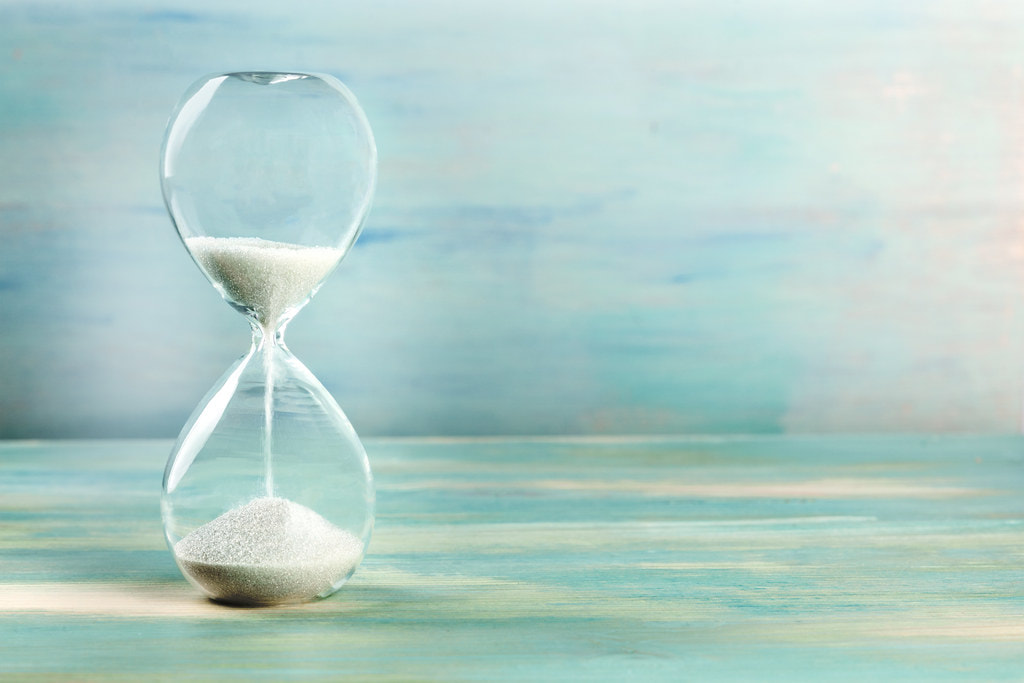
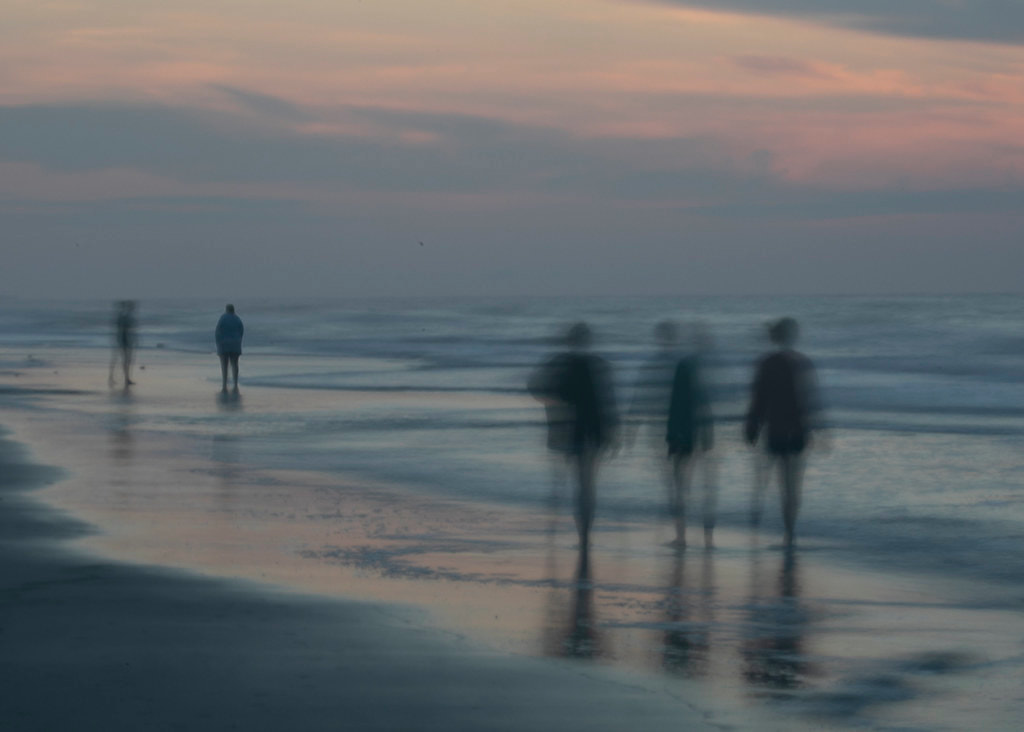
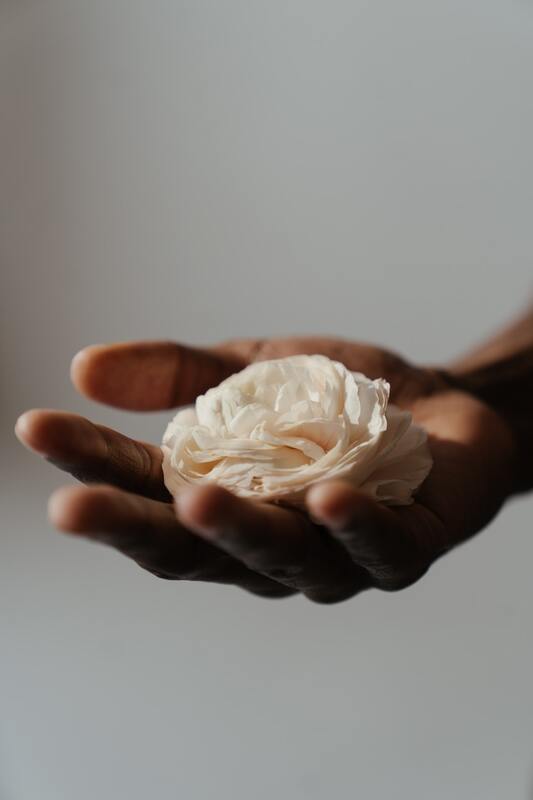
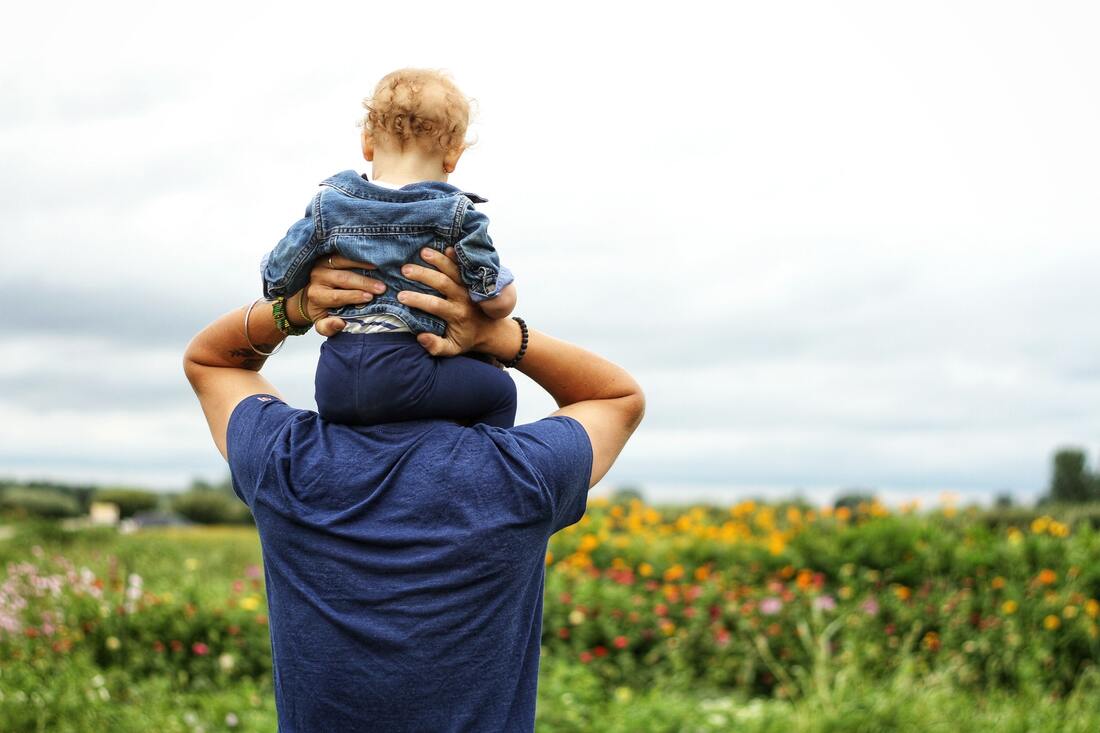
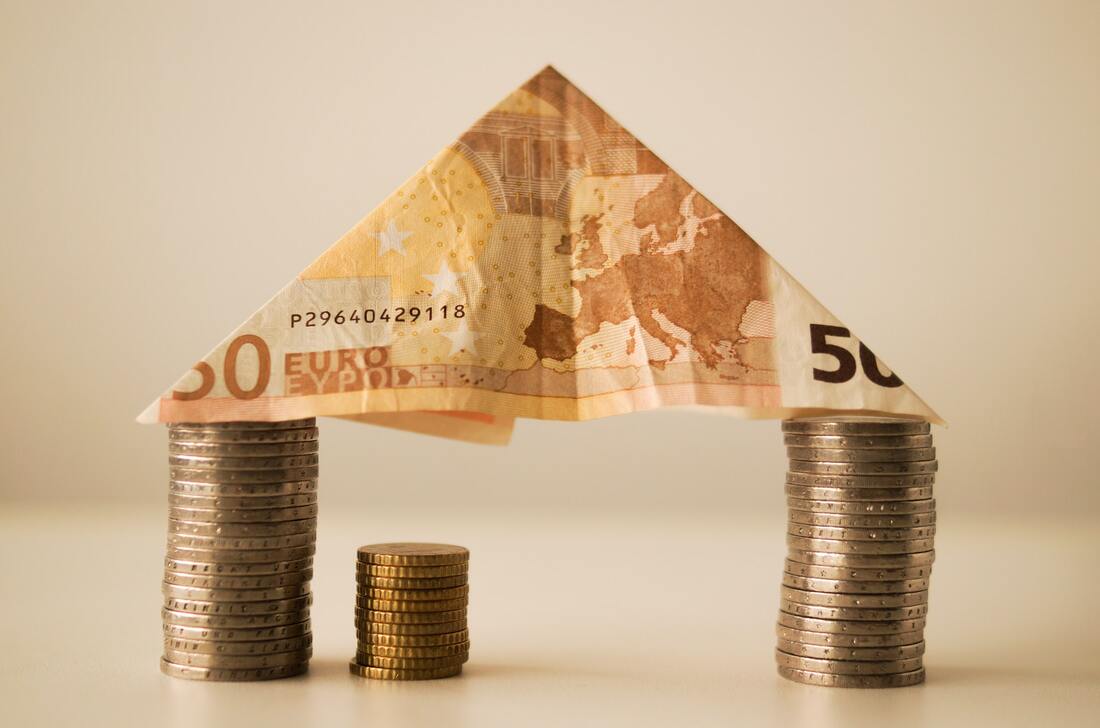
 RSS Feed
RSS Feed